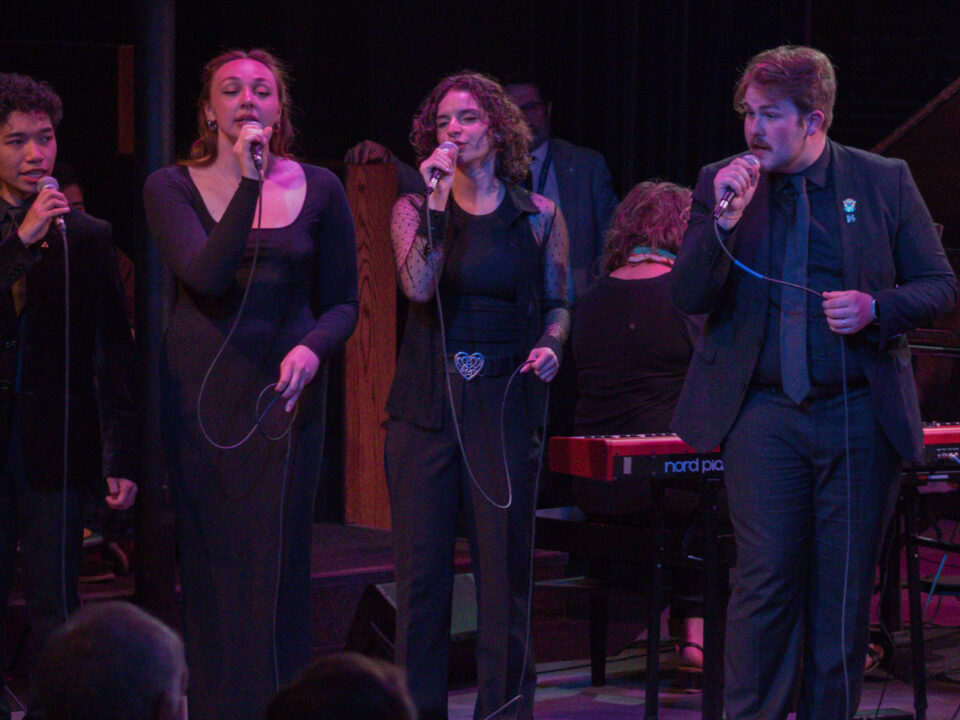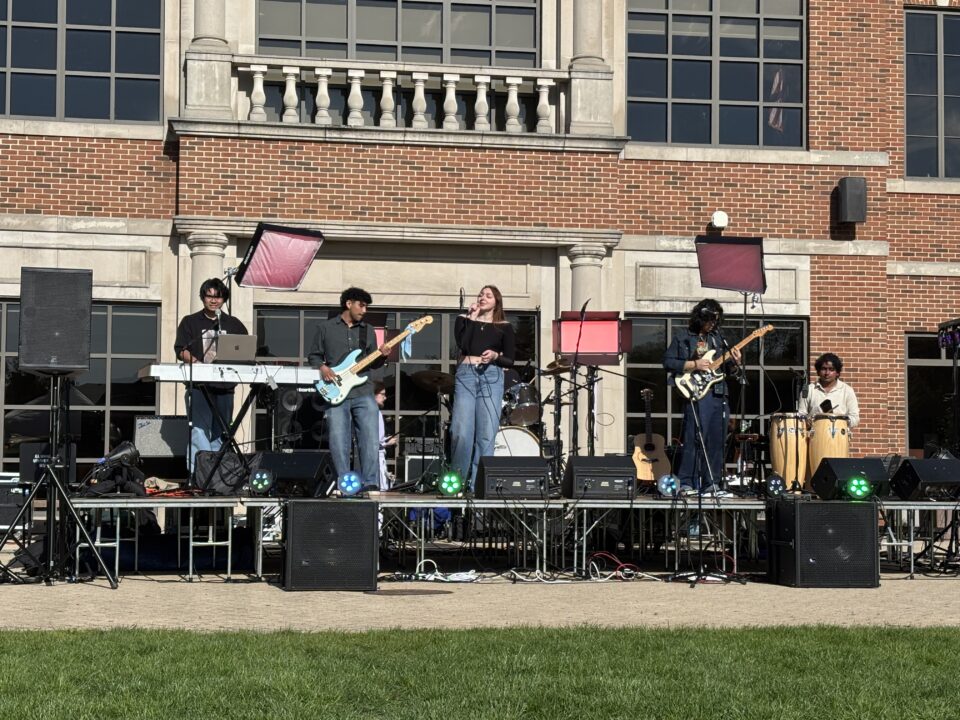“Pretty Baby: Brooke Shields” Review
3.5 out of 5 Stars
Trigger warning: Mentions of sexual harassment and sexual assault.
Spoilers Ahead
“Pretty Baby: Brooke Shields,” is a two-part Hulu-exclusive tell-all documentary about the actress, model, and activist. While exploring Brooke Shields’ past, it reveals how she gained confidence and independence in a misogynistic environment.
The title itself references the film, “Pretty Baby (1978),” which was Shields’ first acting role. At only 12 years old, Shields played a child prostitute, this being one of her most controversial roles.
While some claim this film comments on the wrongness of sexualizing young girls, others point out the clear route of ambiguity the director of the

Internet Photo
film chose to take.
The first part of this documentary is dedicated to “Pretty Baby (1978),” as well as the other career opportunities Shields took part in throughout her youth.
One of the sticking points was Shields discussing how she wasn’t necessarily uncomfortable with these oversexualized roles, but instead that she detached from everything happening.
One moment of this disassociation Shields recalls was during the filming of “Endless Love,” released in 1981, which was a coming-of-age romance film she starred in at 15 years old.
The film featured a sex scene, and during the filming of it, Shields recalls how the director painfully twisted her toe, because this was the way he felt he could get her face to display “ecstasy.”
These appalling moments were scattered throughout the first half of this documentary; however, the one that personally stood out to me most was when, at 16, Shields modeled in commercials for Calvin Klein jeans.
Shields mentions she loved acting, and for her, these ads were an exciting opportunity as she was challenged to memorize tough monologues. However, these commercials also required her to pose in overtly sexual ways.
It’s the interview conducted with Calvin Klein himself that dropped my jaw to the floor. Calvin Klein was asked in an interview about the backlash he received for casting such young girls in his suggestive ads. His response was, “So I’m a bad boy.”
These shocking and infuriating moments reveal the overall theme of the first part of this documentary, which is that it’s not solely about Brooke Shields, but instead, it’s more about young women and their over-sexualization in the media.
The first part of the documentary engulfed me in rage and disgust, while also providing a silver lining of hope. The second half took that glimmer of hope and squashed it.
The second half is largely about Brooke Shields’ young adulthood and her finding her own path in the world. While events such as her first loves, attending college, and re-entering the acting arena were all crucial in Shields’ life, these parts feel very rushed, as though they were tossed in as an afterthought.
There was some good commentary about her learning to reclaim her body and separating from an emotionally controlling relationship; however, these moments were just briefly touched on before the documentary moved on to something else.
The true stand-out of this second half was Shields talking about her experience with postpartum depression. The documentary follows the theme of the first part as it talks about Shields’ experience, while also focusing on the connection to women as a whole.
Before Shields went public with her struggles, women didn’t speak about postpartum. By sharing this aspect of her life with the public, Shields helped other women feel comfortable speaking up and receiving help. It also led to more medical research on the subject.
The second half of this documentary would have worked better trimmed down and more focused on how Shields overcame her youth experiences. Then there could be a brief look at how that’s translated to the work she’s doing now.
As it stands now, the first and second parts of this documentary feel like separate pieces.
Women in our society, especially those faced with intersectionality, struggle daily to do as Shields has done and find their confidence and independence in a misogynistic environment. Despite the shortcomings of this documentary, it does spark important conversations.


